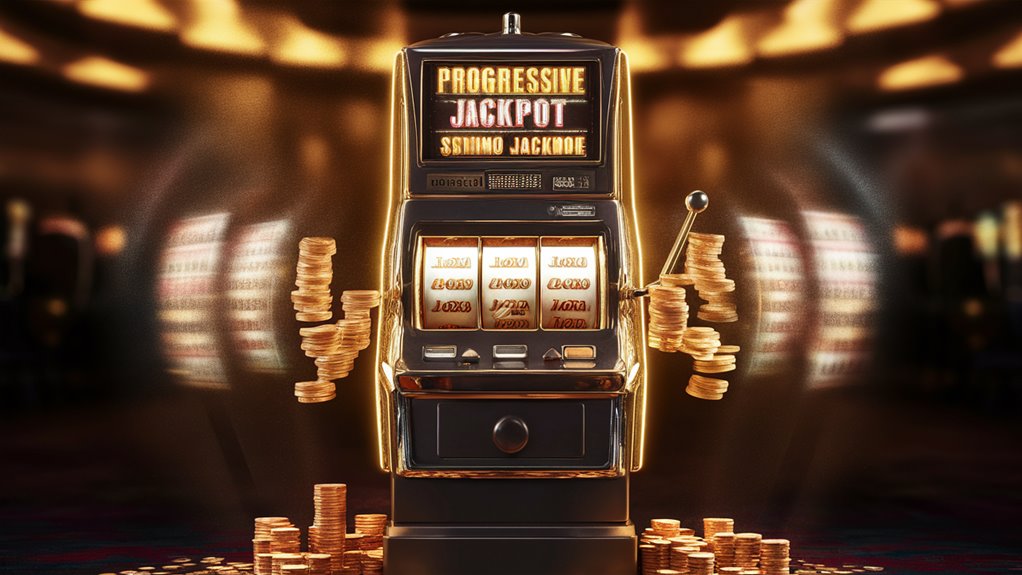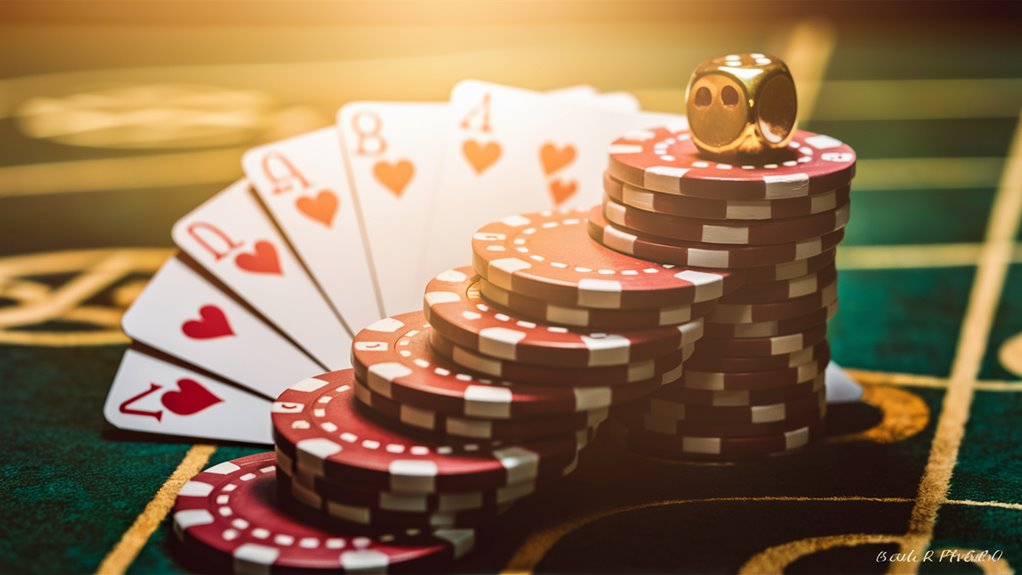The Dark Side of Gambling: What You Need to Know

Understanding Gambling Addiction
Gambling addiction is not just about losing money but a significant mental health issue impacting one’s life. Similar to drug problems, problem gambling generates intense brain signals related to pleasure, leading to bigger bets and subsequent psychological harm.
Warning Signs and Risk Factors
Common signs of gambling addiction include: 이 자료 참고하기
- Depleted savings and absent emergency funds
- Maxed-out credit cards and increased debt
- Social withdrawal from family and friends
- Persistent thoughts about the next bet
- Failure to quit gambling
The Digital Gambling Challenge
Advancements in technology have exacerbated gambling through:
- 24/7 availability of online casinos
- Advanced tracking software
- Betting apps
- Targeted advertising
- Digital financial transactions
Recovery and Treatment Options
Effective recovery methods for gambling addiction include:
- Professional counseling and therapy
- Joining support groups
- Improving financial management skills
- Behavioral modification programs
- Interventions to prevent gambling
Seeking early intervention and using various strategies enhances the chances of recovery from gambling issues. With appropriate support and dedication, individuals can overcome their gambling problems.
Understanding Problem Gambling
Understanding Problem Gambling: A Complete Guide
What’s Problem Gambling?

Problem gambling is a behavioral issue that goes beyond monetary losses.
This escalating issue can damage mental health, personal relationships, and overall life quality.
Finding the Warning Signs
Problem gamblers often display behaviors indicating loss of control over betting. Key signs include:
- Betting to recover losses
- Concealing gambling activity
- Compulsive urge to gamble
- Persisting in gambling despite negative consequences
The Brain Science Behind Gambling Addiction
Gambling addiction affects the brain similarly to substance abuse, especially in the reward system, resulting in:
- Altered joy perception
- Increased risk-taking behaviors
- Dopamine surges similar to drug addiction
- Established behavioral patterns
Treatment and Support Choices
Professional help is essential for managing problem gambling. Treatment options include:
- Cognitive-behavioral therapy
- Participation in support groups Gambling in Moderation
- Financial counseling
- Mental health treatment
- Family therapy
Impacts on Mental Well-being and Relationships
Problem gambling affects both personal and professional life, resulting in:
- Disrupted family dynamics
- Decreased job performance
- Financial strain
- Increased risk of depression and anxiety
- Weaker interpersonal relationships
Recognize that problem gambling is a medical condition requiring professional intervention.


